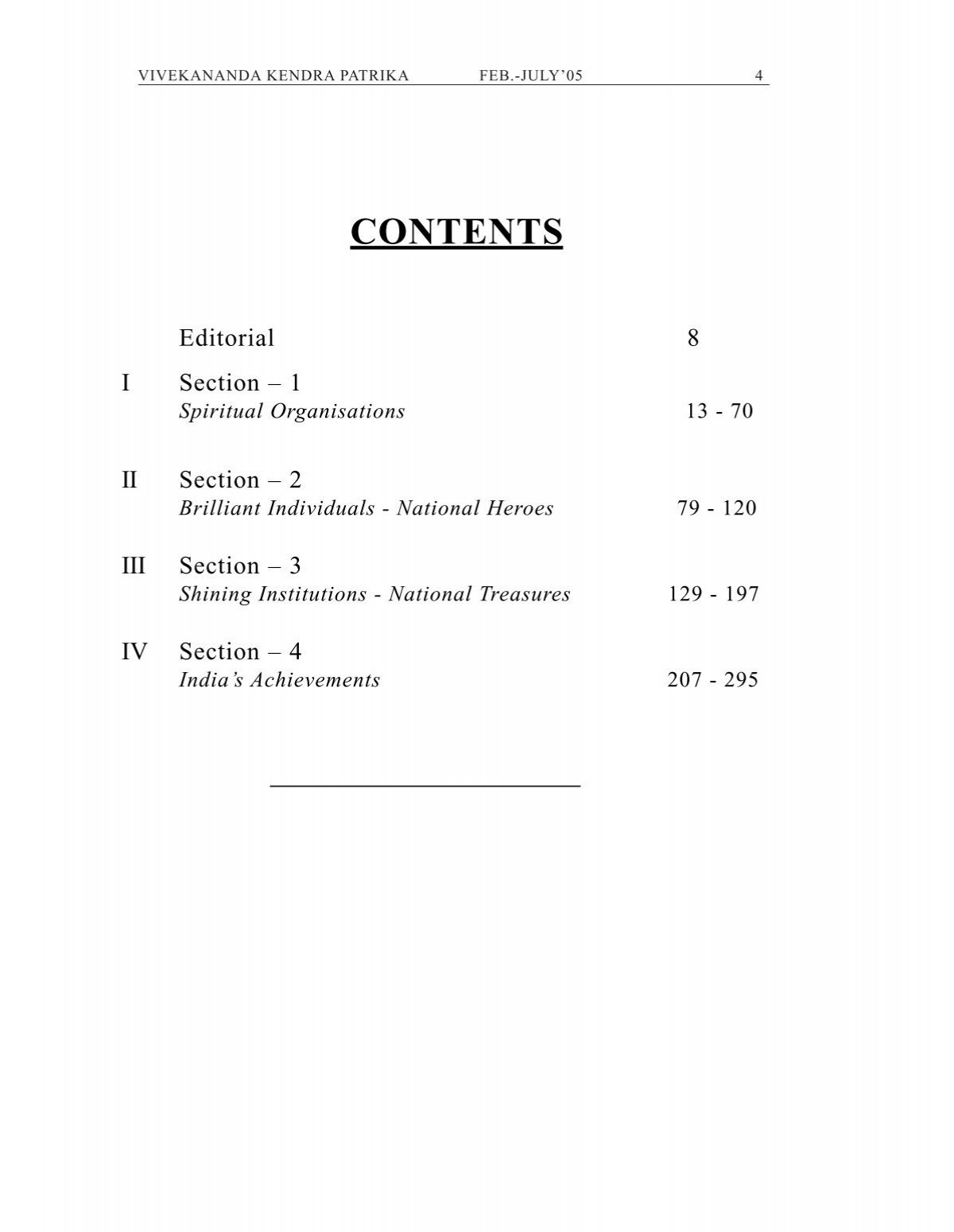
By Sanskriti Global Exports by Himanshu Gupta
Trade Winds Shift: A Day of Digital Leaps and Logistical Hurdles for India
NEW DELHI, November 21, 2025 – Today’s trade landscape presented a classic study in contrasts for India's import-export community. On one hand, the Commerce Ministry unveiled a landmark scheme aimed at turbocharging MSME e-commerce exports, while on the other, geopolitical tremors sent shipping insurance premiums soaring, threatening to erode margins. Coupled with a significant breakthrough in the long-negotiated India-UK Free Trade Agreement (FTA), the day’s developments offer both a strategic roadmap and a cautionary tale for businesses navigating the complex currents of global commerce.
As your dedicated trade analyst, let's dissect these critical updates and translate them into actionable intelligence for your business.
Factual Summary: The Day's Key Developments
A confluence of policy announcements, diplomatic progress, and market shocks defined today's trading environment. Here’s a breakdown of the essential news:
1. Government Launches 'Digi-Niryat' Scheme for E-commerce Exporters: In a major push to democratise exports, the Directorate General of Foreign Trade (DGFT) officially launched the 'Digital Niryat Facilitation Scheme' or 'Digi-Niryat'. The scheme is specifically designed to empower Micro, Small, and Medium Enterprises (MSMEs), artisans, and D2C brands. Key features include a unified portal for simplified digital documentation (e-KYC, e-BRC), pre-negotiated freight rates with postal and courier services for key markets, and direct integration with RBI-approved payment gateways to streamline foreign exchange remittance. The stated goal is to reduce the procedural timeline for first-time e-commerce exporters by over 60%.
2. India-UK FTA Sees Breakthrough on Services and Digital Trade: Sources within the Commerce Ministry have confirmed a significant breakthrough in the India-UK FTA negotiations. A consensus has reportedly been reached on the crucial chapters covering Services and Digital Trade. This agreement is expected to provide Indian professionals and IT service companies with enhanced access to the UK market, with provisions for easier mobility for skilled workers and mutual recognition of certain professional qualifications. The digital trade chapter addresses cross-border data flows and customs duties on electronic transmissions, a major win for India's burgeoning SaaS and FinTech sectors.
3. Shipping Insurance Premiums Spike by 15% on Red Sea Tensions: A concerning development comes from the global logistics sector. A consortium of leading maritime insurers has announced an immediate 15% hike in war risk and related insurance premiums for cargo transiting through the Red Sea and Gulf of Aden corridors. The move is a direct response to renewed geopolitical instability in the region, impacting one of the world's most critical shipping lanes. This will directly increase the landed cost for imports and put pressure on the margins of exporters operating on a Cost, Insurance, and Freight (CIF) basis.
Implications for Indian Import-Export Professionals
Understanding these developments is one thing; leveraging them for competitive advantage is another. Here are the immediate, practical implications for your business:
-
On the 'Digi-Niryat' Scheme:
- Action Point: If you are an MSME or a D2C brand not yet exporting, this is your signal. The barrier to entry has just been significantly lowered. Begin the registration process on the new portal immediately to gain a first-mover advantage.
- Strategic Shift: For existing small-scale exporters, evaluate the scheme's pre-negotiated freight rates. They may offer substantial savings compared to your current arrangements, especially for smaller, high-frequency shipments. This could be the key to offering more competitive pricing to your international customers.
- Financial Planning: The streamlined remittance process should improve your cash flow cycle. Re-evaluate your working capital needs, as you may find funds are realised faster than before, freeing up capital for growth.
-
On the India-UK FTA Progress:
- Opportunity Mapping (Services): If you are in IT services, consultancy, legal, or financial services, begin actively mapping the UK market. The potential for easier market access and professional mobility means you should start identifying potential partners and clients now, ahead of the final ratification.
- Compliance Check (Digital): For SaaS, FinTech, and other digital-first businesses, closely monitor the final text of the digital trade chapter. Understand the new regulations on data flows and server localisation to ensure your business model is compliant and can take full advantage of the new framework.
- Goods Exporters: While today's news focused on services, it signals that the overall FTA is nearing completion. Apparel, automotive parts, and pharmaceutical exporters should have their documentation and compliance frameworks ready to capitalise on potential tariff reductions once the full agreement is signed.
-
On the Shipping Insurance Hike:
- Immediate Cost Review: This is a non-negotiable, immediate increase in your operational costs. Both importers and exporters must recalculate their landed cost and final pricing. Ignoring this will directly impact your profitability on all shipments using this route.
- Incoterms Negotiation: For exporters, this is a critical moment to review your use of CIF Incoterms. Where possible, try to negotiate Free on Board (FOB) terms with your buyers, shifting the responsibility and volatility of insurance and freight costs to them.
- Route & Carrier Diversification: Engage with your freight forwarder to explore alternative shipping routes, even if they have longer transit times. The Cape of Good Hope route, while longer, may become economically viable for non-time-sensitive cargo. Also, discuss if certain carriers have more favourable insurance arrangements.
Conclusion: Embracing Agility in a Dynamic Trade World
Today's roundup is a microcosm of the modern trade environment: immense opportunity fostered by digital innovation and strategic policy, standing side-by-side with unpredictable risks stemming from global geopolitics. The winners will be those who can move with agility—seizing the benefits of schemes like 'Digi-Niryat' and the UK FTA while proactively building resilience into their supply chains to mitigate risks like rising insurance costs.
The path forward requires a dual focus: harnessing government-led facilitation to expand your global reach while simultaneously reinforcing your risk management frameworks. Stay informed, stay agile, and continue to build a robust, globally competitive enterprise.
Source: Original